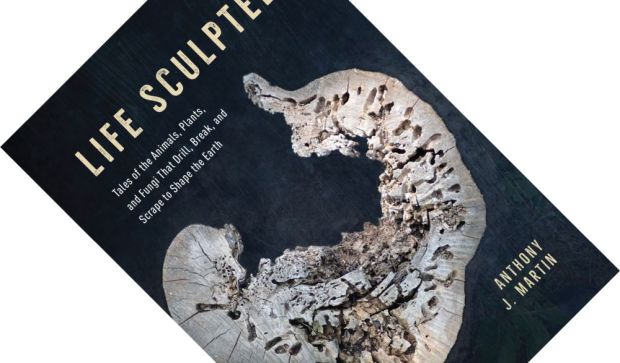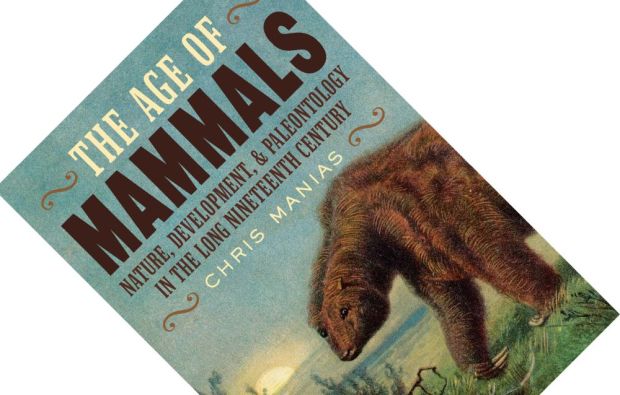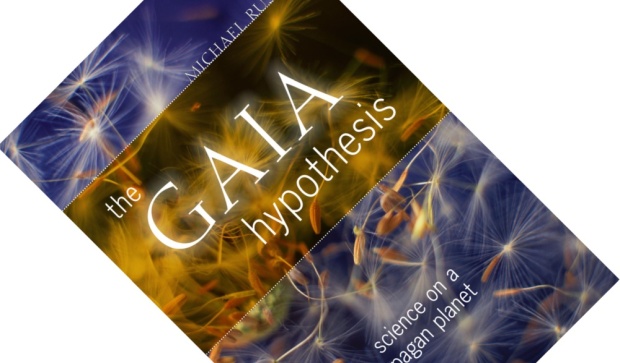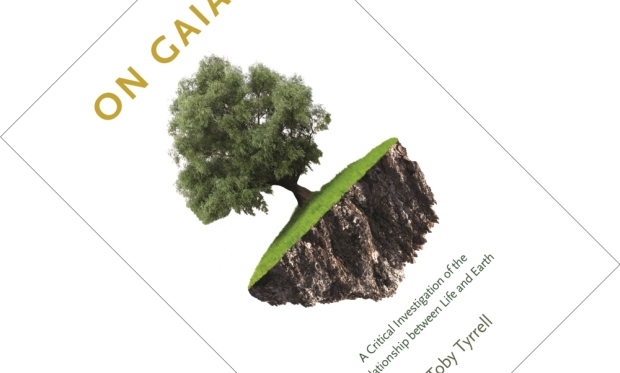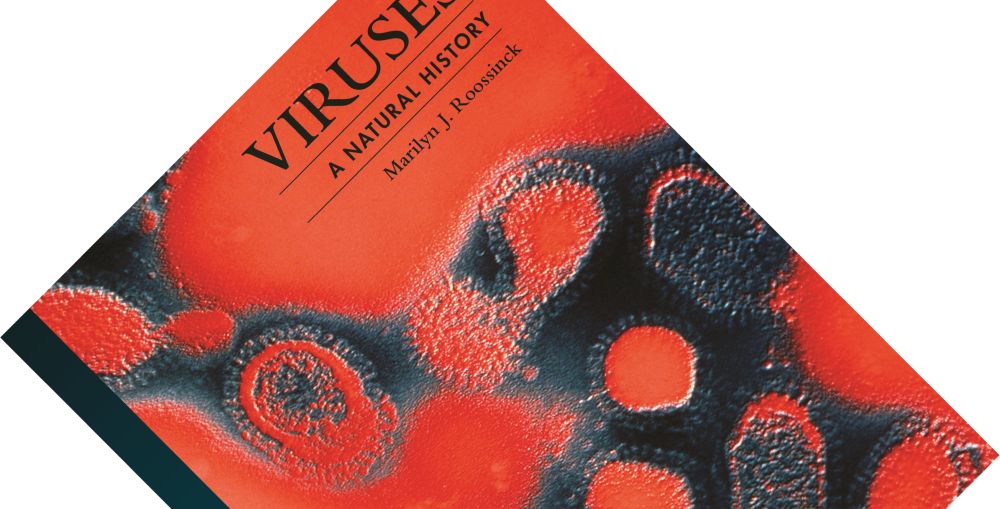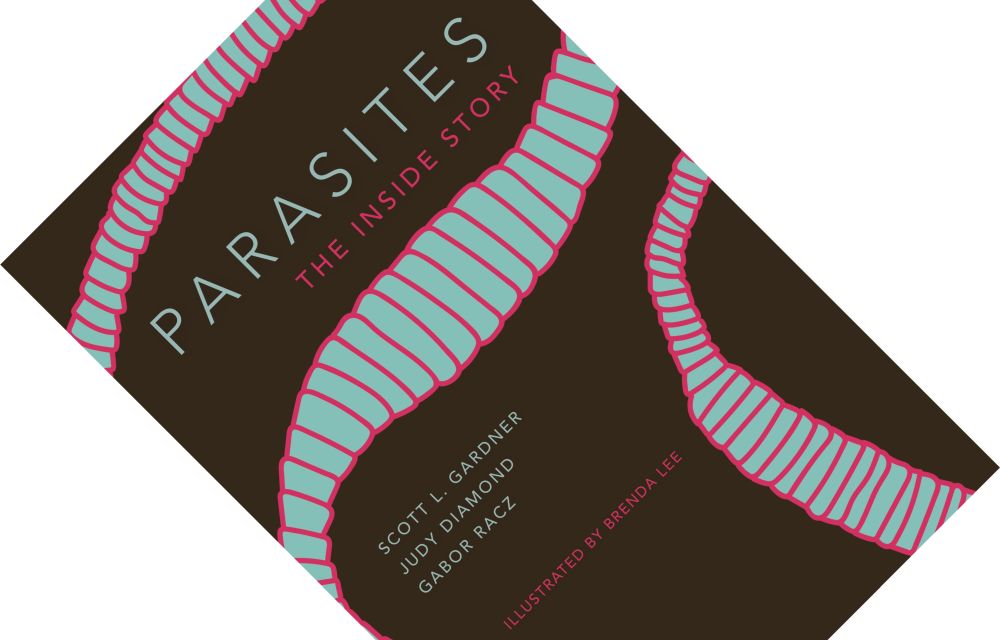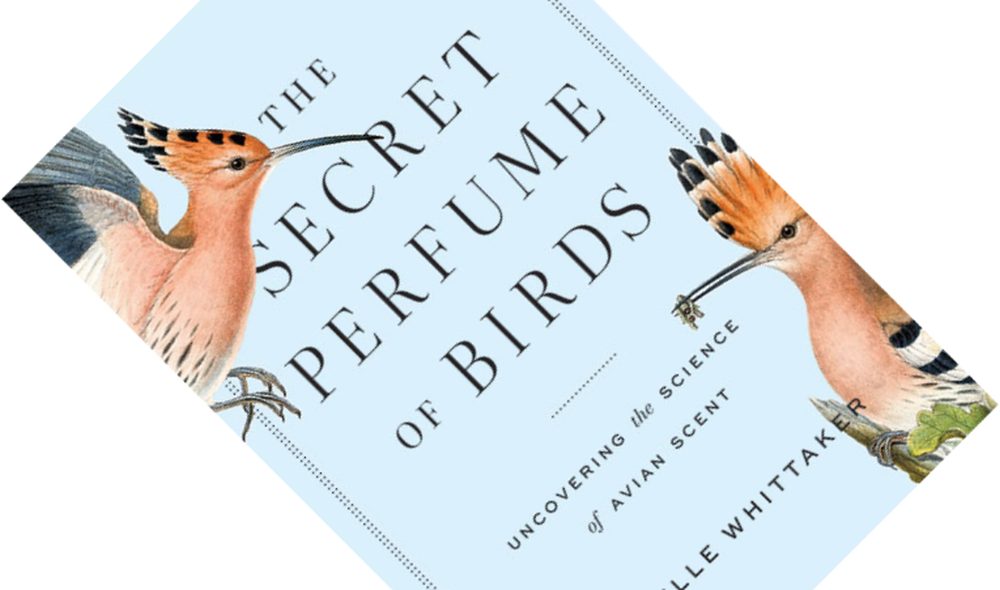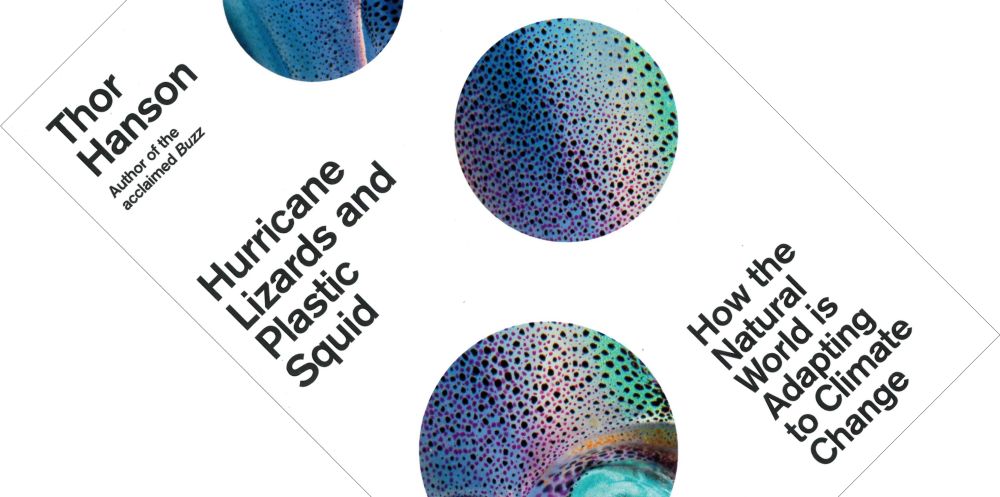8-minute read
keywords: paleontology
Though we marvel at the creative side of evolution, the destructive flip side of that coin often gets less attention. Since its first stirrings, life has been involved in a war of attrition with its environment, “breaking, scraping, drilling, or otherwise changing the solid to the not-so-solid” (p. x). Leave it to palaeontologist Anthony J. Martin to write a witty book that boils over with fascinating studies about one of the more obscure corners of biology: bioerosion.

